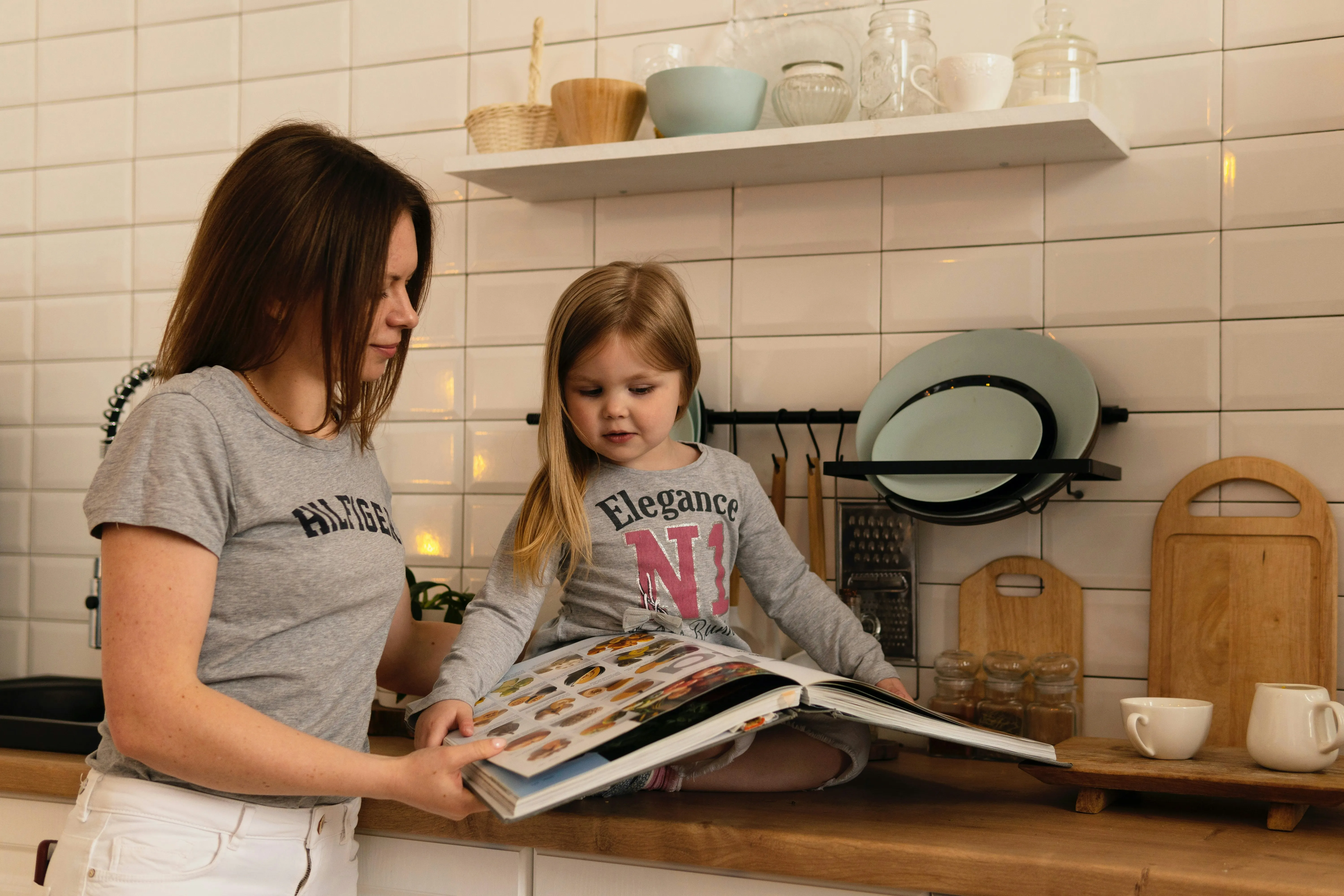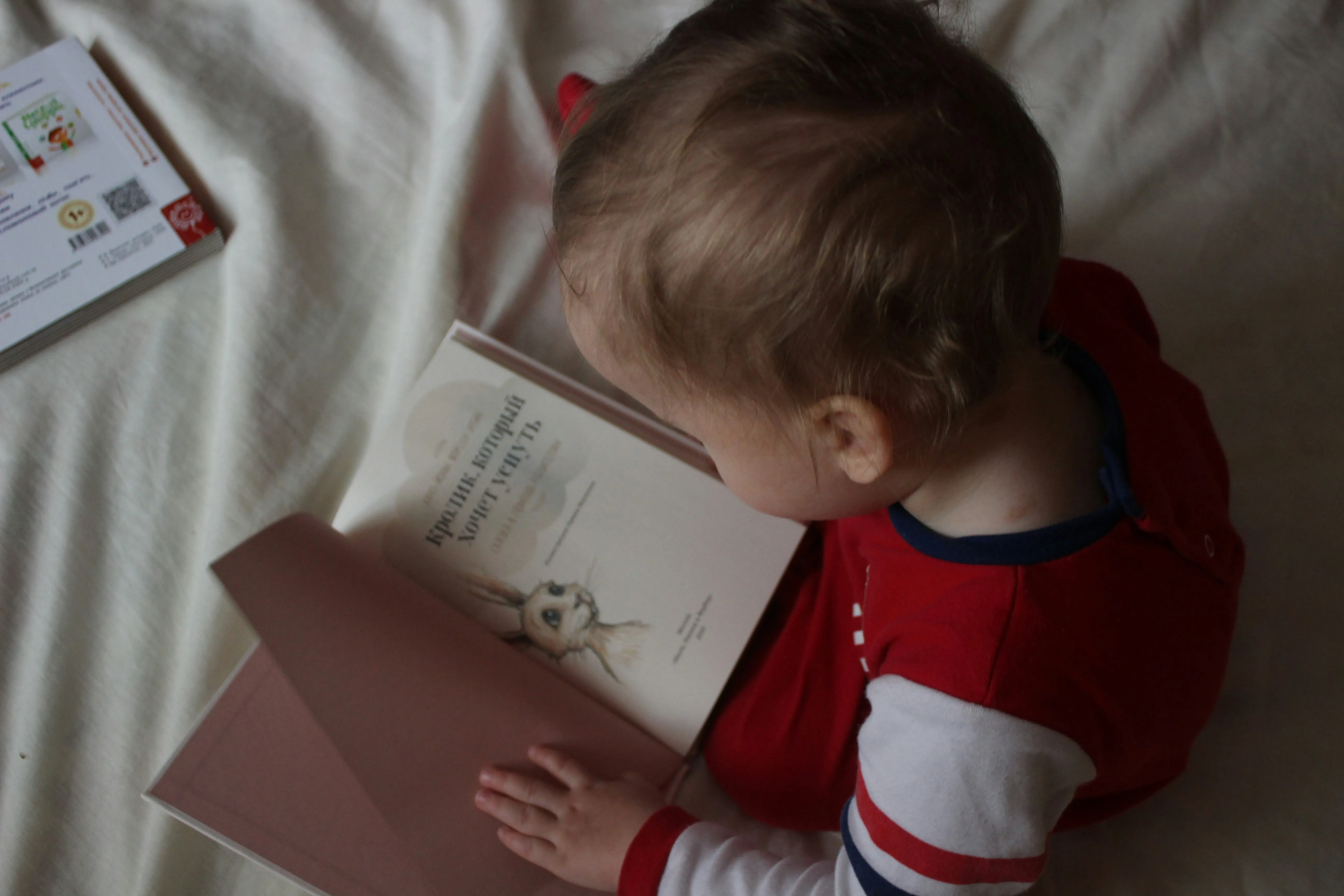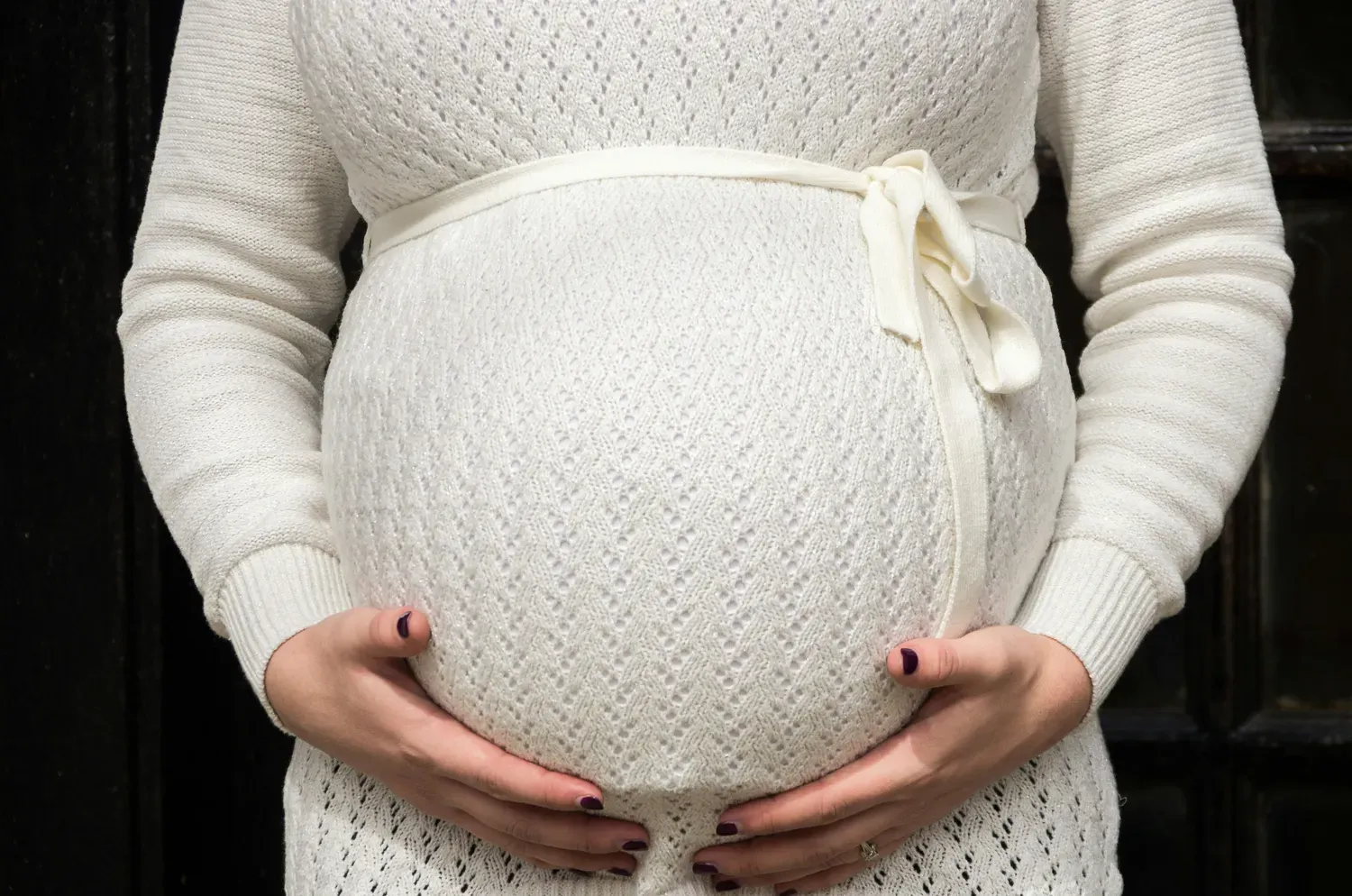Early Pregnancy Signs Before A Missed Period: For Expecting Parents Over 30

Discover Subtle Conception Clues in Your 30s and Beyond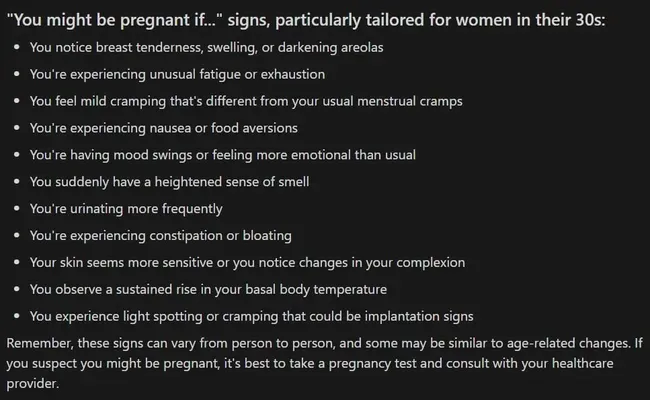
Source: Perplexity.AI
Hey there, soon-to-be parents! If you're in your 30s and trying to conceive, you're part of a growing trend. More and more couples are embarking on the exciting journey of parenthood later in life, and that's fantastic! Starting a family after 30 comes with its own unique set of experiences, but it's also an incredible adventure filled with joy and anticipation.
Points for New Parents-to-Be Over 30
- 🔍 Discover the subtle pregnancy clues your body might be whispering after 30
- 💪 Learn why starting a family later can be your secret superpower
- 🤔 Uncover the surprising differences between age-related changes and early pregnancy signs
- 🧠 Get expert tips on boosting fertility and optimizing your chances of conception
- ❤️ Find out how your life experience can make you an amazing parent, starting now
Ready to embark on this exciting journey? Keep reading to unlock the secrets of early pregnancy after 30!
Introduction
Let's talk about what you might expect when you're expecting—or hoping to be—in your 30s. We'll explore the early signs of pregnancy that might differ from what you've heard about younger moms-to-be.
Fertility Facts: Navigating Conception After 30
First things first, let's chat about fertility after 30. Yes, it's true that fertility naturally declines as we age, but don't let that discourage you! Many women in their 30s and beyond conceive without issues. The key is to understand your body and optimize your chances. Regular exercise, a balanced diet, and stress reduction can all boost your fertility. And if it's taking a little longer than expected, don't hesitate to reach out to a fertility specialist—they're there to help!
Now, onto the exciting part—those early pregnancy signs! 
Source: Unsplash
When you're over 30, some of these signs might be sneaky, masquerading as age-related changes. But don't worry, we'll help you decode them.
Unique Early Pregnancy Symptoms for Women Over 30
Let's start with physical changes. Your breasts might feel tender or swollen, and you might notice your areolas darkening. Feeling extra tired? While it's easy to chalk it up to a busy lifestyle, it could be a sign of pregnancy. And those mild cramps? They might not be your usual monthly visitor, but instead a sign of implantation.
Hormonal Shifts: Distinguishing Pregnancy from Perimenopause
Hormones can play tricks on us, especially as we get older. If you're suddenly turning your nose up at your favorite foods or feeling queasy, it might not be that new restaurant you tried—it could be morning sickness. Mood swings are common too, but if you're feeling particularly emotional, it might be more than just stress or perimenopause. And if you suddenly have a superhuman sense of smell, congratulations—you might be pregnant!
Urinary and Digestive Changes: Early Pregnancy or Age-Related?
Your bathroom habits might change too. Finding yourself making more trips to the loo? While frequent urination can be common as we age, it's also an early sign of pregnancy. Feeling a bit backed up? Constipation and bloating can also signal that a little one is on the way.
Skin and Temperature Clues: Unveiling Conception
Your skin might be giving you clues too. That pregnancy glow isn't just a myth! If your skin seems extra sensitive or you're noticing changes in your complexion, it could be hormones signaling a bun in the oven. And if you've been tracking your basal body temperature, a sustained rise could be a positive sign.
Implantation Signs: What Older Women Should Know
Now, let's talk about implantation. Some women experience light spotting and cramping when the fertilized egg attaches to the uterine wall. This can be confusing, especially if you're starting to experience perimenopausal symptoms. The key difference? Implantation bleeding is usually lighter and shorter than a period.

Source: https://www.babylist.com/
When it comes to taking a pregnancy test, timing is everything. For the most accurate results, wait until the first day of your missed period. Choose a test with high sensitivity for the best chance of detecting pregnancy early.
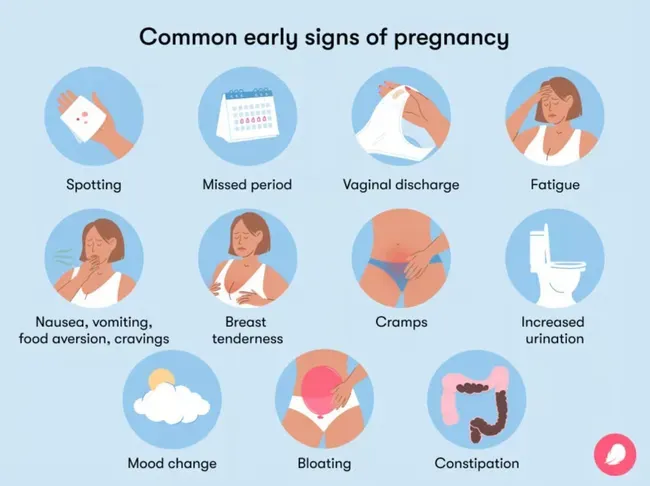
Source: https://flo.health/
It's natural to feel a mix of excitement and anxiety, especially when starting a family later in life. Remember, many women over 30 have healthy pregnancies and babies every day. If you're concerned about age-related risks, don't hesitate to talk to your healthcare provider. They can offer reassurance and guide you through any necessary screenings.
Managing Pregnancy Concerns: Guidance for Mature Parents-to-Be
Embracing parenthood in your 30s can be an incredible journey. You bring wisdom, stability, and life experience to your new role as a parent. Trust your body, stay positive, and enjoy this special time.
Whether you're just starting to try or you're already suspecting you might be pregnant, remember—every parent's journey is unique, and yours is just beginning.

Source: KREA.AI
Here's to the exciting adventure ahead!
Sources:
- Statistics Canada. (2024). Fertility in Canada, 1921 to 2022. This source provides up-to-date information on fertility trends in Canada, particularly useful for understanding the context of parenthood after 30.
- Society of Obstetricians and Gynaecologists of Canada. (2020). Early pregnancy guide. This reference would be excellent for information on early pregnancy signs and symptoms specific to Canadian healthcare guidelines.
- Canadian Fertility and Andrology Society. (2021). Age and fertility. This source offers insights into fertility changes with age, which is crucial for the target audience of the blog.
- Journal of Obstetrics and Gynaecology Canada. (2019). Pregnancy symptoms in women over 35. This academic source provides specific information on how pregnancy symptoms might differ for older first-time mothers.
- Canadian Medical Association Journal. (2018). Hormonal changes in early pregnancy after 35. This source would be valuable for understanding the hormonal shifts and their effects in older first-time mothers.
Citations:
[1] https://www150.statcan.gc.ca/n1/pub/91f0015m/91f0015m2024001-eng.htm
[2] https://evidencebasedbirth.com/advanced-maternal-age/
[4] https://www.ncbi.nlm.nih.gov/pmc/articles/PMC5484369/
[5] https://intermountainhealthcare.org/blogs/what-to-expect-when-youre-expecting-in-your-30s
[7] https://www.sciencedirect.com/science/article/abs/pii/S1472648323008660
[8] https://www.ncbi.nlm.nih.gov/pmc/articles/PMC8917376/

WRITTEN WITH THE POWER OF A.I.s and SHiNER The HUMAN













